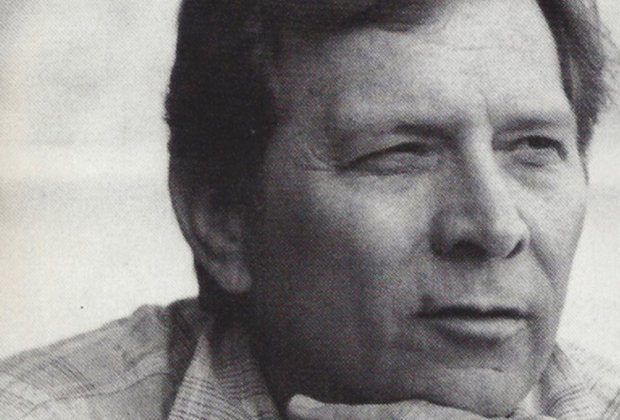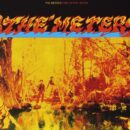With classics like “Dark End of the Street” (James Carr); “Do Right Woman” (Aretha Franklin); “The Letter” (The Box Tops), and “I’m Your Puppet” (James and Bobby Purify), among hundreds of songs in an historic catalog, Dan Penn is a towering figure in songwriting.
With Living on Mercy, his first solo release since 1994, Penn is also the artist. “I’ve always been in the background, and I like that,” he says. “But I’m still a singer, and I like to go out and sing some. Nobody’s coming to the studios these days, anyhow.”
The title track traverses the magical crossroads where R&B and gospel intersect with country music. “It’s still the best,” Penn confirms. “Lyrics, melodies and maybe a little groove of funk.” The horn-infused “Edge of Love” stirs up a Memphis sound stew. “I Do” echoes classic country, while “Down on Music Row” is a cautionary tale about chasing success in mod- ern day Nashville. Penn knows it’s a tough town. “Maybe the toughest. You can’t just walk through the doors. They don’t need you. They don’t want you. It doesn’t matter how good your songs are.”
Penn’s co-writers on the new project include Wayne Carson, Spooner Oldham, Gary Nicholson, Carson Whitsett, Will McFarlane, Bucky Lindsey, Buzz Cason, and the Cate Brothers. In both Penn’s classic hits and his latest songs, themes, titles and essence are conveyed within the first lines of the lyrics. “Me and Rick Hall (record producer and owner of FAME Studios in Muscle Shoals, AL), used to come up here to Nashville and pitch songs to Chet Atkins and Owen Bradley, who were the big producers. We’d have demos on seven-inch reels. They’d play a little bit and go on to the next one. I started thinking it had to be because the strong stuff wasn’t on the front. I started pushing it up, and lo and behold, I started getting cuts.”
His first cut, “Is a Bluebird Blue,” was recorded by Conway Twitty in 1960 when Penn was still in his teens. “I was into music as a kid from the church,” Penn recollects. “My daddy led the singing, and my momma would play the piano. I’d sit in the front row and holler until I could read, and then I sang with them. The Conway song opened doors, but it took me another five years to get another big hit. I almost gave it up.”
Vernon, AL, Penn’s hometown, is 85 miles from Muscle Shoals, an unlikely recording capital where everyone from The Allman Brothers to the Rolling Stones cut hits. Moving to Memphis, Penn joined forces with co-writer Spooner Oldham and producer Chips Moman at American Studios, home to a string of pop classics.
“Do Right Woman” was barely complete when producer Jerry Wexler played the song for Aretha Franklin. Penn remembers writing the song’s bridge in a little closet and singing the demo. The first time he heard the completed track was in the control room at Atlantic Records in New York. “It floored me. Aretha had pulled it together. I think it’s the best record she ever made. She had the power.”
Penn credits songwriter and artist Arthur Alexander with teaching him the importance of simplicity in songwriting. “Arthur didn’t need a guitar. He could write the song, pounding on a car dashboard, singing a cappella. He showed us you don’t have to dig so deep, just be simple. And it’s hard sometimes. I’m not a simple person.”
Compelling bridges are a Penn trademark. “A bridge relieves you,” he notes. He is not a fan of choruses. “Choruses get old. I like two verses, a bridge, a third verse, and then out. You can do all of your damage right there.”
Living in Alabama in the summer and Nashville in the winter keeps Penn on the move. Heading toward his 80th year, he keeps doing what he’s been doing since he was a teenager, writing songs and singing for the people. “Sometimes I go out and play gigs with just me and my guitar. Some people tell me they come to my gigs just for the stories,” he considers. “I guess I do tell a pretty mean story.”














